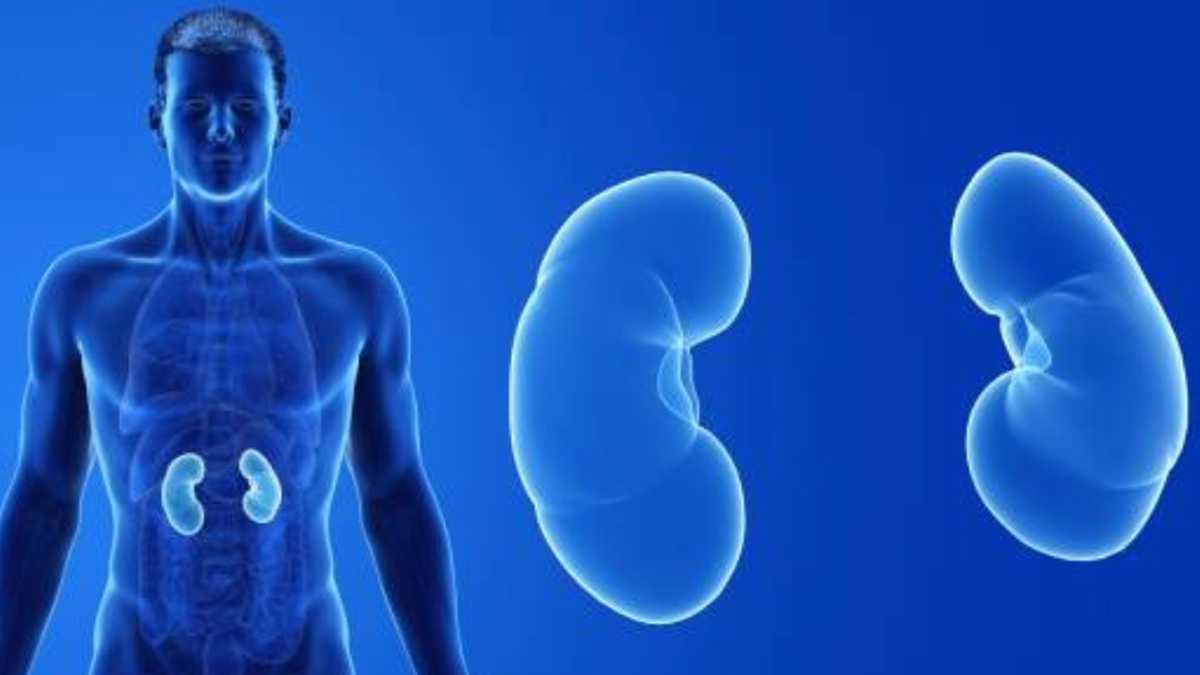The kidneys are two small organs, located in the middle part of the back; whose main function is to remove waste and excess fluid from the body. As well as, eliminate the acid produced by the cells of the body and maintain a healthy balance of water, salts and minerals.
The kidneys also perform hormonal functions and regulate blood pressure; they act to activate a form of vitamin D essential for calcium absorption and red blood cell production.
Despite being so small, they process and purify all the blood every 50 minutes, filtering around 180 liters of liquid per day.
Normal urine does not contain bacteria, viruses, or fungi. The presence of blood, protein, or white blood cells in the urine could indicate an injury, infection, or inflammation of the kidneys.
The most common causes that affect the kidneys are diabetes and hypertension, although there are other hereditary and congenital diseases.
Progressive kidney disease can be remedied with treatments, however there are cases in which dialysis or a transplant should be chosen to resolve kidney failure.
If you suffer from any of these symptoms, see a specialist, you may be suffering from kidney disease: Decreased or increased urination, tiredness, chest pain, headache, dry skin, being cold all the time, feeling faint , dizziness or weakness, swelling in the hands or feet, etc.
Among kidney diseases are: cancer, cysts, stones and infections.
For the diagnosis, the specialist may request blood and urine tests to detect if you have kidney disease.
It’s important to keep your kidneys healthy, because if they stop working properly, you can develop advanced kidney disease. That is why you must practice the following care: Have a healthy diet, take care of blood sugar levels, control blood pressure, drink enough fluids, not smoke, exercise and maintain an ideal weight, among other care.








